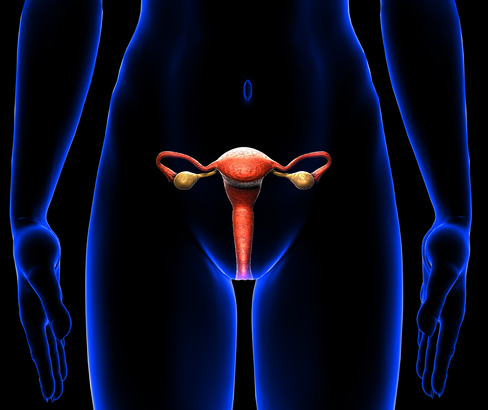
The FDA wants doctors to stop using laparoscopic power morcellator devices during the removal of the uterus or uterine fibroids, since it poses a risk to the spread of hidden cancerous tissue beyond the uterus.
According to an FDA statement roughly 1 in 350 women who are having a hysterectomy or myomectomy (removal of uterine fibroids) have an undetected type of cancer called uterine sarcoma. The morcellation of this tissue could lead it to spread throughout the abdomen.
A Boston couple has started a campaign against doctors using the laparoscopic power morcellator devices.
Why The Couple is Campaigning
Dr. Amy Reed, an anesthesiologist at Beth-Israel Hospital in Boston, underwent a laparoscopic hysterectomy morcellation last fall. During the procedure the undetected cancer cells were spread through her abdomen and she was diagnosed with a stage IV cancer called leiomyosarcoma, a few days after surgery.
Since her diagnosis she and her husband, Hoorman Noorchashm, a surgeon at Brigham and Women’s Hospital in Boston, have started a campaign to get doctors and hospitals to stop using the such a high risk technique.
Petitioning Against Morcellator Devices
In addition to their campaign they have collected nearly 8,000 signatures on a petition to stop the procedures.
They have also been meeting with politicians and writing to different gynecological and surgical organizations in the medical community.
Some initial reactions from hospitals and medical staff have caused Noorchashm to be disappointed. However, he stated that the FDA’s decision to reclassify the device as “high risk” was a “major step forward”.
Two medical articles have been published in the Journal of American Medical Association that questions the safety of the procedure.
Noorchashm said, “The major accomplishment is going to be 10 years from now when Amy is cancer-free.” “What helped was the sheer magnitude if the truth here… I just didn’t stop. I’ve been generating somewhere between three and ten emails a day since November.”
